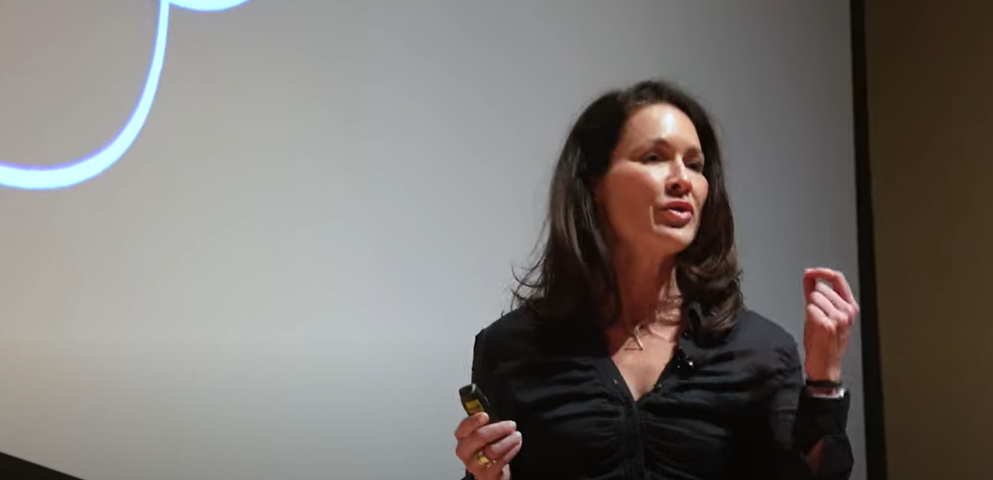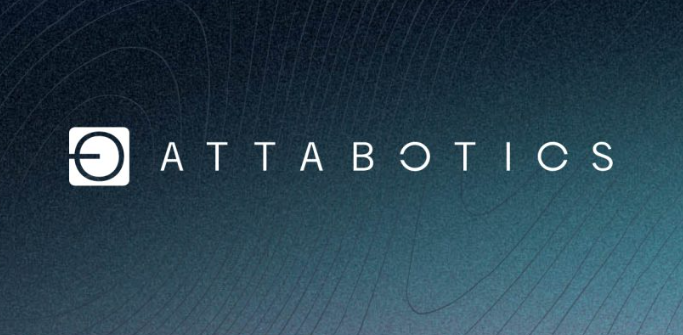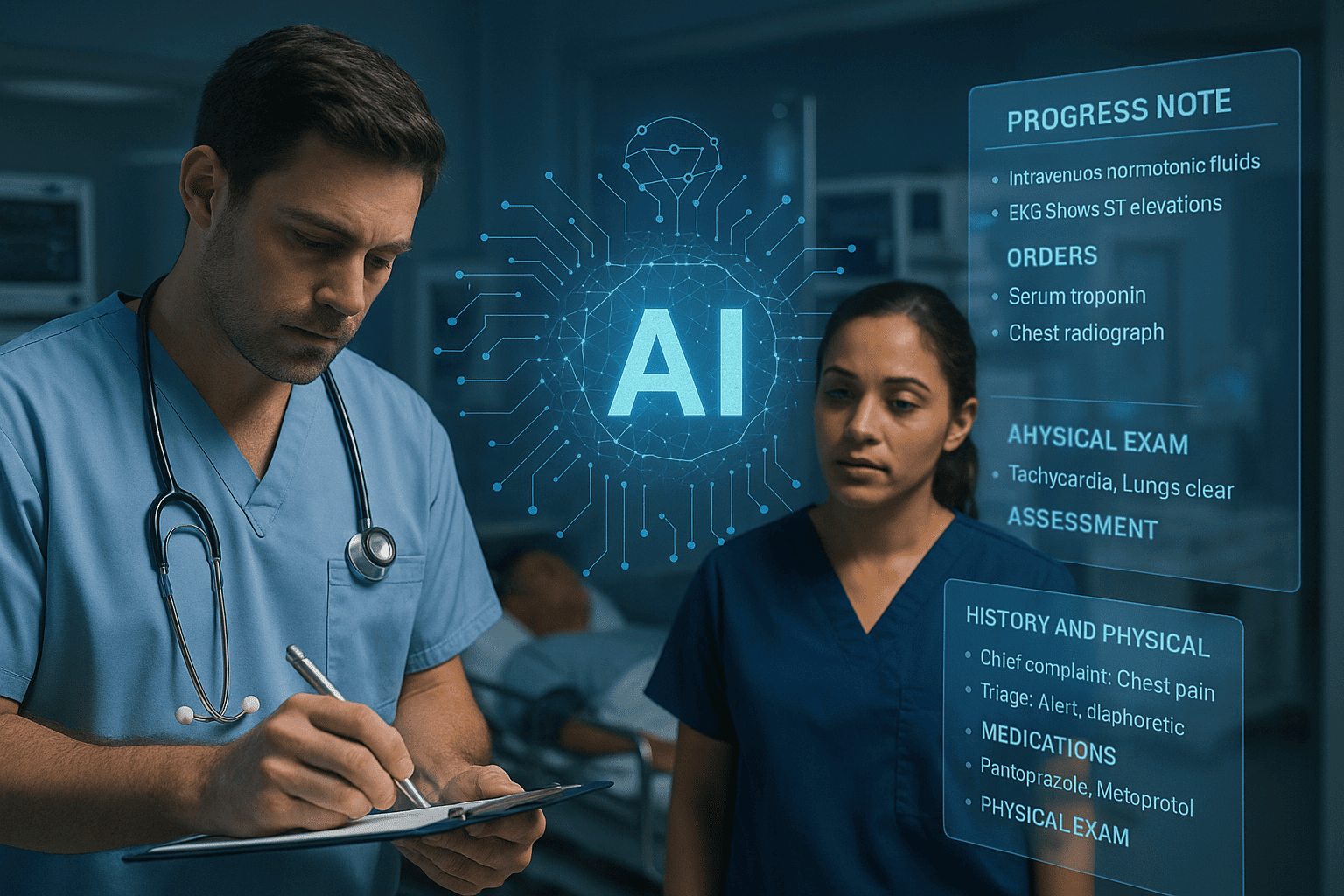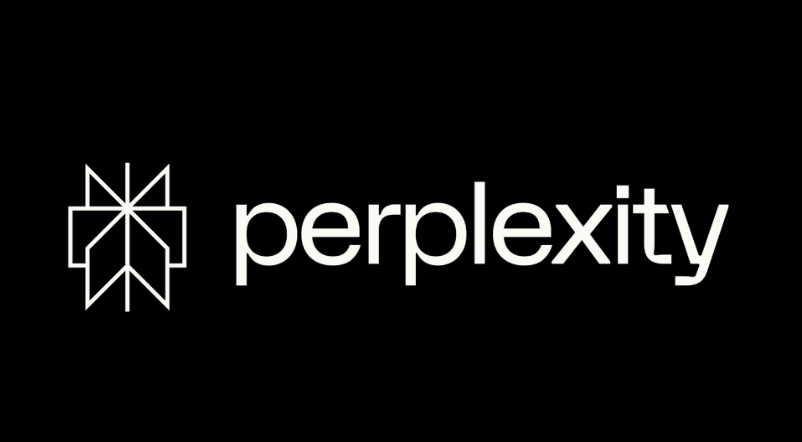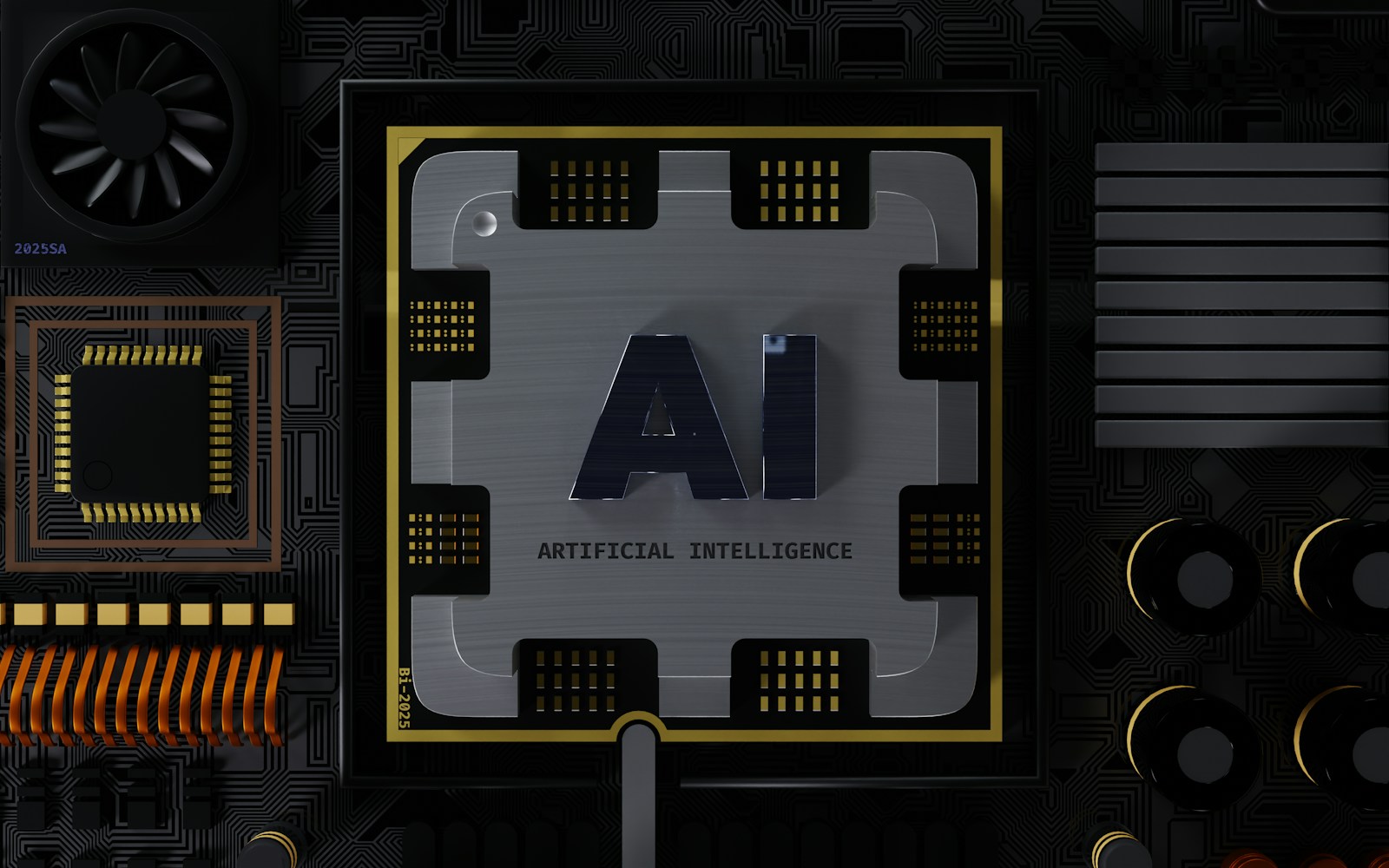In her engrossing TEDx talk this month, Natalie Monbiot — a frequent keynote speaker, advisor to startups and contributor to major publications like The Wall Street Journal and The Information — talked about the world of AI clones and the emerging Virtual Human Economy, predicting a future where digital replicas of ourselves work for us. Monbiot told the story of Emma, an architecture student whose AI clone teaches German — despite Emma not knowing the language herself. This narrative raises key questions about the potential of AI and its implications for human lives.
Monbiot explained that AI avatars offer a chance for people to be “present in the things [they] value most,” while their virtual clones take on tasks in the digital realm. For Emma, her AI clone teaches language lessons, freeing the real Emma to focus on her passions, like dancing and architecture.
But this new technology doesn’t come without concerns.
“What if our virtual twins lose the plot and turn into our evil twins?” asked Monbiot. Addressing fears of misuse, she advocates for “ethically sourced avatars” that offer control, transparency, and accountability.
In the future, Monbiot believes, “our virtual selves could take on aspects of our lives and work that get in the way of us being who we truly want to be.” With AI clones working around the clock, humans are left to pursue their highest aspirations, redefining productivity and fulfillment.
“Warren Buffett once said the one thing you can’t buy is time,” Monbiot concluded, “but now, in a way, you can.” This invites us to imagine what our digital clones could accomplish while we focus on what truly matters.
Featured image: Credit: TEDx
